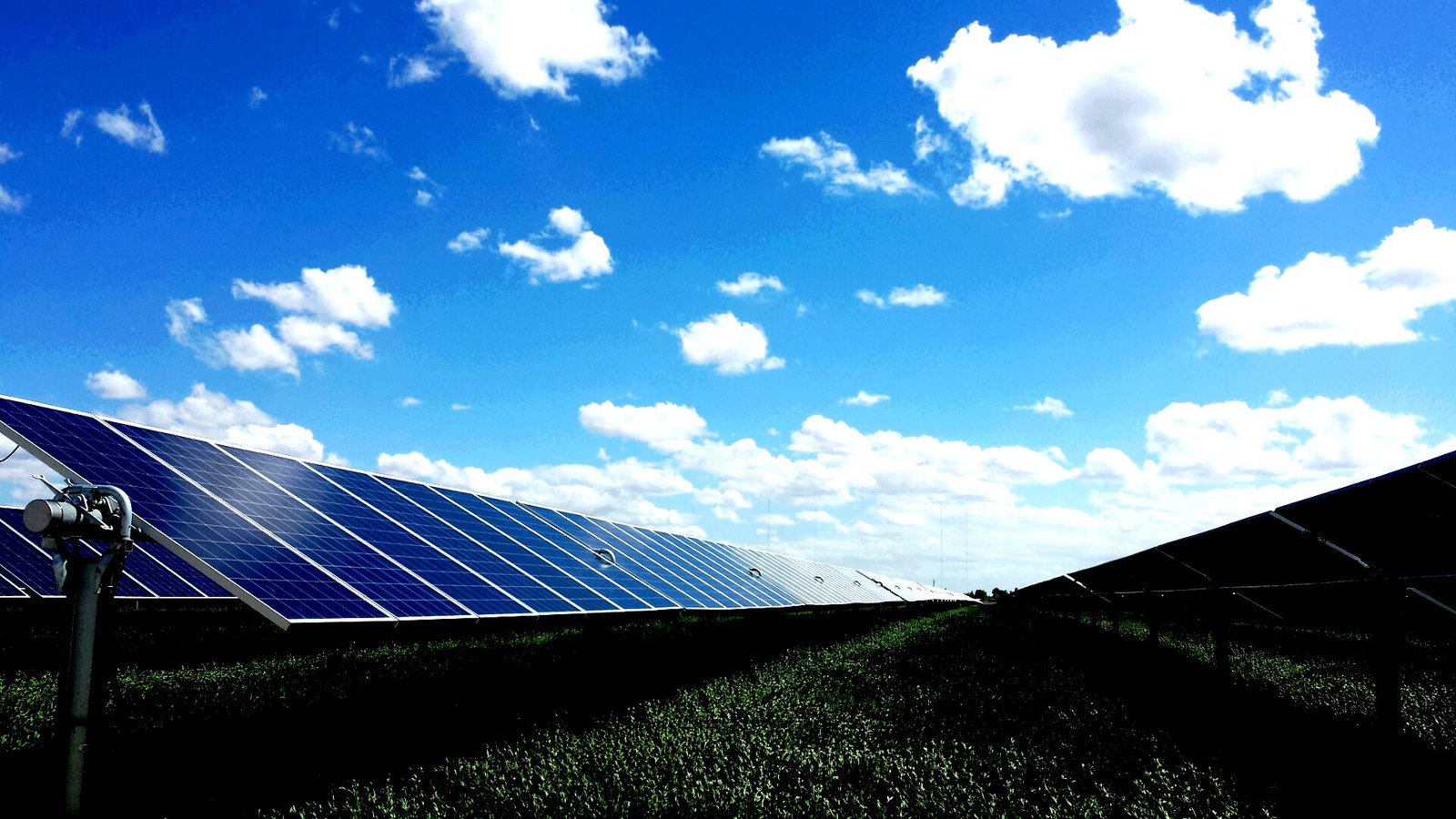Emerging Trends from Scenario Analysis Modeling
Reducing Carbon Will Transform the Power System
- February 18, 2021
- Carol Winkel

The goal of the Council’s power plan is to make sure that the Northwest will have an adequate, affordable, and reliable power supply. To do this, analysts forecast demand and assess potential resources. And, eventually in the planning process, they begin to investigate how the future may unfold. By modeling a broad range of possible futures with different resources, analysts can begin to understand the relative strengths and weaknesses of available options. The goal is to identify a resilient and adaptive resource strategy for the region.
At the Council’s February meeting, Power Division Director Ben Kujala and Systems Analysis Manager John Ollis presented a first look of the preliminary results from this modeling.
One thing seems clear: The 2021 Power Plan will be unlike any other past power plans.
The Social Cost of Carbon Drives Renewables Buildout
By including the damage cost of carbon (starting at around $62 per million metric ton) from the Intergovernmental Panel on Climate Change Report into the Council’s Regional Portfolio Model, the goal to reduce carbon emissions appears to drive a large build of renewable resources in the region, especially solar generation. “If you’re trying to reduce carbon, you build renewables,” noted Kujala.
Building renewables quickly reduces carbon. In contrast, energy efficiency also lowers carbon, but it takes longer to achieve results.
“Renewables are much less expensive than in the last power plan,” noted Kujala. “And the fact that they are also interruptible is a huge advantage in a low market. With a lot of surplus power, the ability to turn it off is important.”
Solar costs have continued to go down as the technology improves and the renewable energy and production tax credits it receives means it can make money, even under extremely low market prices. The question is, will it still pencil out even when it’s curtailed?
Renewable Curtailment
With all the solar generation on the system, it is constantly being curtailed. “One of the tradeoffs of building a lot of solar is accepting the fact that it will often have to be turned off. It’s the price you pay to lower carbon emissions,” observed Ollis.
Wholesale Power Market
Surplus power will mean low prices. When the overriding objective is to reduce carbon emissions, we’ll be building more renewable generation than what we need in order to ensure that we meet that goal. Apart from renewables, it promises to be a challenging market for all other resources.
Energy Efficiency
Efficiency has consistently been the lowest-cost resource over time for many years. But in a world of very low-cost renewables, it will be comparatively more expensive than in previous plans. In the last power plan, LED lighting played a big part in acquiring savings. There is no comparable transformational technology like that available at a low enough price to compete with solar.
Hydrogeneration
Where does hydrogeneration fit in? Like everything else, it’s a little complicated. Its flexibility is a strong advantage, but because of warming temperatures, the region’s hydrology is changing, and our historic flow regime will be different. Winter looks more like early spring with heavy flows and there will be much less water in the summer. So, the resource’s flexibility will vary even more sharply according to the seasons. And, again, the market’s low prices, especially during the middle of the day when solar power surges, will hinder its competitiveness.
“What we’re seeing in our early modeling runs is a move away from thermal generation in order to meet a variety of carbon reduction policy goals,” said Kujala. “The power system will be very different, creating a challenging economic space for a number of players to navigate. It will be a highly complex system—even more so than in the past.”
Follow the development of the Council’s 2021 Power Plan, scheduled to be released later this summer.



